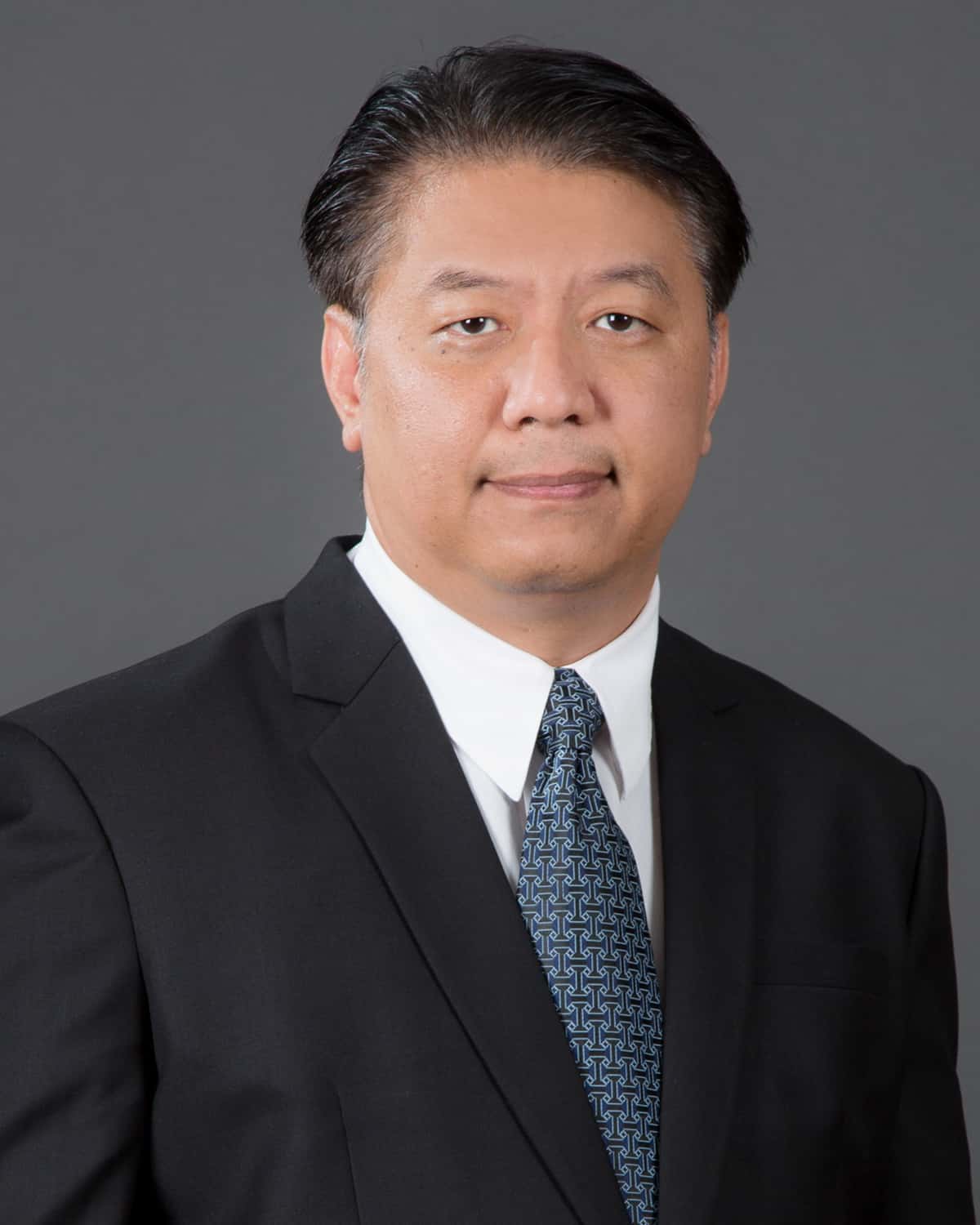
On September 8, 2010, the Intellectual Property and International Trade Court (IP&IT Court) held a meeting to discuss and gather comments and recommendations on the procedure for issuing search warrants in relation to IP criminal actions. Various concerned parties attended the meeting, such as police officers, public prosecutors, and IP practitioners. This meeting was significant because many IP owners have expressed concerns about the need for standardized procedures in determining whether a search warrant will be granted.
| Issuance of Search Warrants | 2008 | 2009 | 2010 (Jan-Aug) | Total |
|---|---|---|---|---|
| Total petitions for search warrants | 852 | 1,000 | 578 | 2,430 |
| Search warrants issued | 502 (59%) | 605 (60%) | 431 (75%) |
1,538 (63%) |
| Petitions dismissed/ withdrawn | 350 | 395 | 147 | 892 |
During the meeting, the IP&IT Court revealed some interesting new statistics about the issuance of search warrants, as shown in the table above. From 2008 through August 31, 2010, the Court granted 63% of search warrants sought by petitioners. Although this overall percentage is reasonably high, the Court admitted that search warrants for patent litigation are rarely issued because the Court holds the opinion that civil actions, not criminal actions, should be taken.
In order to successfully obtain a search warrant, we recommend that at least the following evidence be submitted to the Court:
- Power of Attorney and Sub-Power of Attorney to show that the petitioner has valid authority to request the search warrant from the Court;
- Evidence showing that the petitioner has the right to obtain the search warrant, such as the Certificate of Registration in trademark infringement cases, Recordal of Copyright or original work in copyright infringement cases, or Certificate of Granted Patent in patent infringement cases;
- Pictures clearly showing the types of places where the infringing products are sold and distributed (factory, apartment, condominium, house, etc.);
- Video or other media showing that the infringing products are being sold and distributed at the targeted location;
- Advertising documents or materials showing the actual use of the registered trademark;
- Sample of products bearing the infringing mark and the registered trademark.
Among the many issues discussed at the meeting, one of the key topics was the amount of time allotted to execute search warrants. A common concern among petitioners is that the Court often does not grant sufficient time to conduct the search. During the discussion, IP practitioners made the Court aware of these concerns and requested longer periods of time for conducting searches.
If you have any questions about the process for obtaining and executing search warrants in IP criminal actions, please contact us at [email protected].





